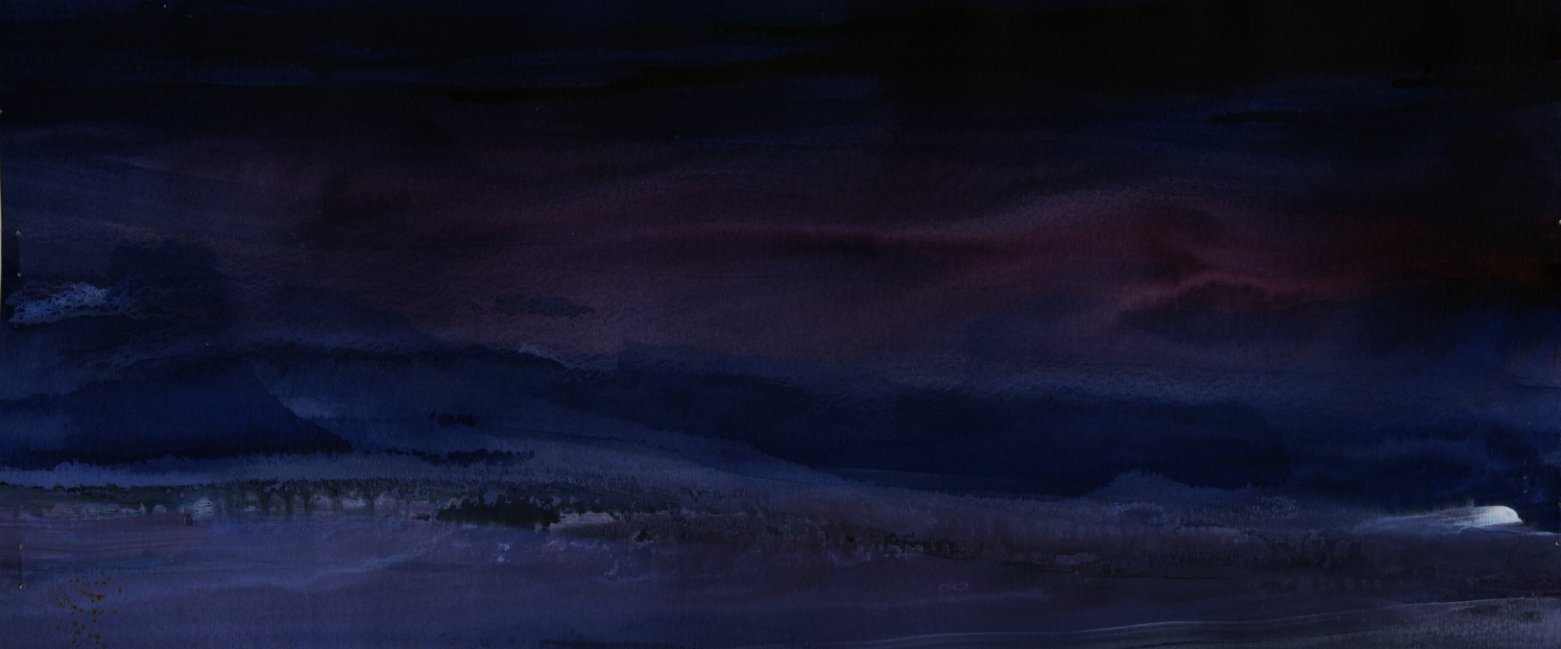

A Pause For Beauty
One ought every day at least to hear a little song, read a good poem, see a fine picture,
and if it were possible, to speak a few reasonable words.
- Goethe
. . .
On Laziness
Read, every day, something no one else is reading. Think, every day, something no one else is thinking. Do, every day, something no one else would be silly enough to do. It is bad for the mind to continually be part of unanimity.
- Christopher Morley

From Christopher Morley’s Essay entitled, “On Laziness”:
The man who is really, thoroughly, and philosophically slothful is the only thoroughly happy man. It is the happy man who benefits the world. The conclusion is inescapable.
People respect laziness. If you once get a reputation for complete, immovable, and reckless indolence the world will leave you to your own thoughts, which are generally rather interesting.
The lazy man does not stand in the way of progress. When he sees progress roaring down upon him he steps nimbly out of the way. The lazy man doesn’t (in the vulgar phrase) pass the buck. He lets the buck pass him. We have always secretly envied our lazy friends. Now we are going to join them. We have burned our boats or our bridges or whatever it is that one burns on the eve of a momentous decision.
Writing on this congenial topic has roused us up to quite a pitch of enthusiasm and energy.
Read the entire essay here.
(Though a founder of the “Three Hour For Lunch Club,” Morley was actually a hardworking and prolific author, somewhat like Thoreau).
I want to go soon and live away by the pond, where I shall hear only the wind whispering among the reeds. It will be success if I shall have left myself behind. But my friends ask what I will do when I get there. Will it not be employment enough to watch the progress of the seasons?
- Henry David Thoreau, from his journal, 1841. Thoreau And The Art Of Life.
I did not read books the first summer; I hoed beans. Nay, I often did better than this. There were times when I could not afford to sacrifice the bloom of the present moment to any work, whether of the brain or the hands. I love a broad margin to my life. Sometimes, in a summer morning, having taken my accustomed bath, I sat in my sunny doorway from sunrise till noon, rapt in a revery, amidst the pines and hickories and sumacs, in undisturbed solitude and stillness, while the birds sang around or flitted noiseless through the house, until by the sun falling in at my west window, or the noise of some traveller's wagon on the distant highway, I was reminded of the lapse of time. I grew in those seasons like corn in the night, and they were far better than any work of the hands would have been. They were not time subtracted from my life, but so much over and above my usual allowance. I realized what the Orientals mean by contemplation and the forsaking of works. For the most part, I minded not how the hours went. The day advanced as if to light some work of mine; it was morning, and lo, now it is evening, and nothing memorable is accomplished. Instead of singing like the birds, I silently smiled at my incessantly good fortune. As the sparrow had its trill, sitting on the hickory before my door, so had I chuckle or suppressed warble which he might hear out of my nest. My days were not days of the week, bearing the stamp of any heathen deity, nor were they minced into hours and fretted by the ticking of a clock; for I lived like the Puri Indians, of whom it is said that "for yesterday, to-day, and to-morrow they have only one word, and they express the variety of meaning by pointing backward for yesterday, forward for tomorrow, and overhead for the passing day." This was sheer idleness to my fellow-townsmen, no doubt; but if the birds and flowers had tried me by their standard, I should not have been found wanting. A man must find his occasions in himself, it is true. The natural day is very calm, and will hardly improve his indolence.
- Henry David Thoreau, Walden



